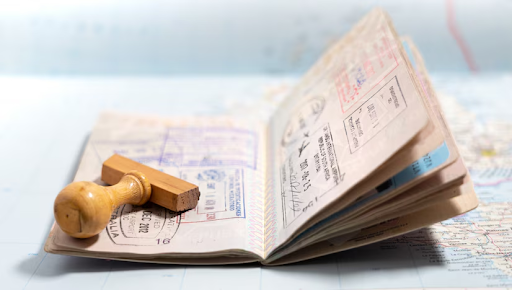Receiving a rejection for a Singapore Permanent Residency (PR) application can be disheartening, especially for those who have invested time and effort into building a life in the country. However, a rejection does not necessarily mark the end of the road. Applicants have the option to appeal the decision by following a structured process. Understanding the proper steps and preparing a compelling case can improve the chances of success. Learning how to appeal for PR rejection is essential for applicants seeking a second opportunity. For detailed guidance, individuals can consult professional resources like how to appeal for PR rejection to ensure that their appeal is submitted accurately and effectively.
Understanding the PR Rejection
Before initiating an appeal, it is crucial to understand the reasons behind the PR rejection. The Immigration and Checkpoints Authority (ICA) evaluates applications based on multiple criteria, including employment status, education, family ties, length of stay, and contribution to Singapore’s society. Common reasons for rejection include insufficient financial stability, lack of strong family or professional connections, incomplete documentation, or perceived limited commitment to Singapore. Identifying the specific factors that led to the rejection helps applicants address weaknesses in their appeal.
Steps to Prepare for the Appeal
Preparing a successful appeal requires a strategic and well-documented approach. The following steps are essential for increasing the likelihood of a favorable outcome:
1. Review the Rejection Letter Carefully
The rejection letter from the ICA provides important information about the application’s shortcomings. Carefully reviewing the letter can help applicants understand which areas need to be strengthened or clarified in the appeal.
2. Gather Supporting Documents
Documentation is critical in the appeal process. Applicants should collect evidence that addresses the reasons for rejection, such as:
- Updated employment records or promotion letters
- Tax records and financial statements
- Educational certificates and professional qualifications
- Evidence of community involvement or volunteer work
- Letters of recommendation or character references
3. Draft a Clear and Persuasive Appeal Letter
The appeal letter should clearly explain why the applicant believes the rejection should be reconsidered. It should include:
- A polite acknowledgment of the original decision
- Explanation of any errors, misunderstandings, or new information
- Supporting evidence that strengthens the applicant’s eligibility
- A respectful request for reconsideration
4. Submit Within the Specified Timeline
Timely submission is crucial. Appeals must be submitted within the timeframe specified by the ICA, typically within 3 to 6 months of receiving the rejection. Missing the deadline can result in automatic dismissal of the appeal.
Tips for Strengthening Your Appeal
To maximize the chances of success, applicants should consider these strategies:
- Highlight Professional Contributions: Emphasize work experience, skills, and contributions that benefit Singapore’s economy.
- Demonstrate Family Ties: Show strong family connections in Singapore, such as spouse, children, or other dependents residing in the country.
- Show Community Involvement: Evidence of participation in volunteer activities or community organizations can positively influence the assessment.
- Maintain a Professional Tone: Use clear, concise, and respectful language in all communications.
Seeking Professional Assistance
Navigating the appeal process can be challenging, and many applicants benefit from professional guidance. Immigration specialists provide expertise in documenting evidence, drafting persuasive appeal letters, and ensuring compliance with ICA requirements. Consulting a qualified professional can improve the clarity, accuracy, and effectiveness of the appeal, increasing the likelihood of a favorable outcome.
Conclusion
While a Singapore PR rejection can be disappointing, it does not have to be the final decision. By carefully understanding the reasons for rejection, gathering comprehensive supporting documents, drafting a persuasive appeal, and submitting within the required timeline, applicants can significantly improve their chances of approval. Professional guidance further enhances the process, ensuring that all necessary steps are taken effectively. For anyone considering an appeal, learning how to appeal for PR rejection is a vital step toward achieving permanent residency and continuing their journey in Singapore.

